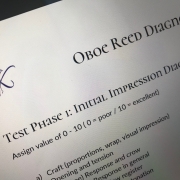2021 Yearly State of Musicianship for Oboists Achieving Intense Musical Expression
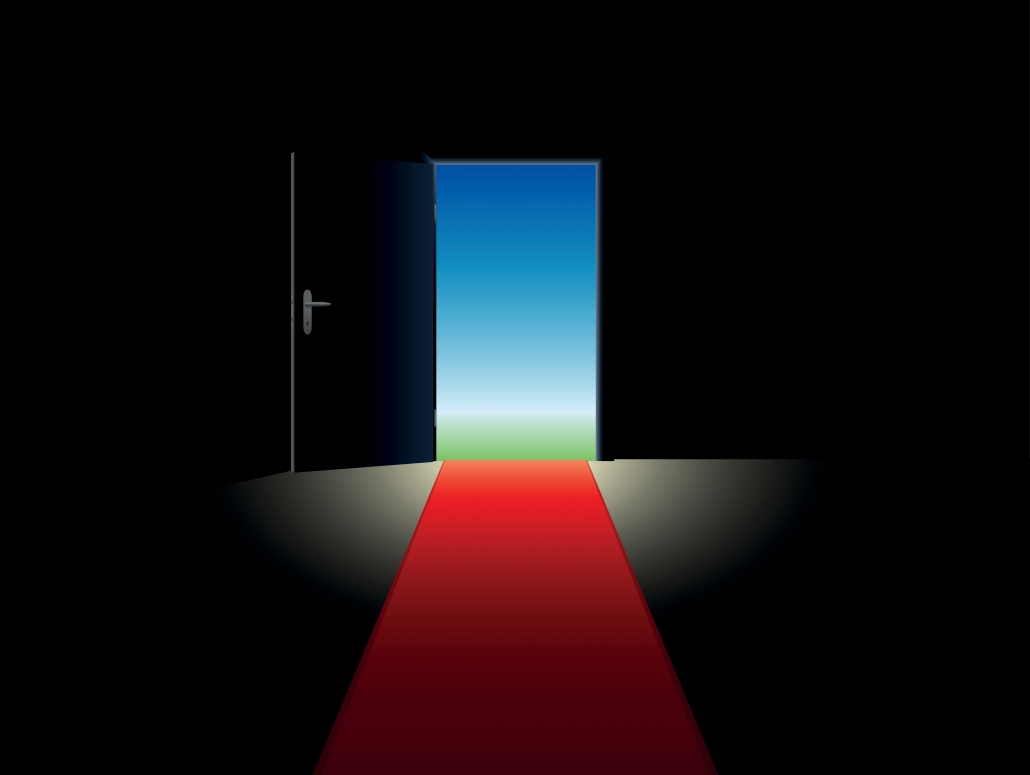
Welcome, oboist, to your 2021 yearly assessment hosted by Studio Jeanine Krause. Follow this link to start your own accountability worksheet.
https://forms.gle/tTvG1mBymvm5iY6U7
Please set aside 15-30 minutes to answer these questions in as much detail as possible. This form is particularly useful for professionals and advanced players (please leave yourself plenty of time to be detailed). My students and I make use of this tool to foster life-long intense musical expression. By filling out this form, you are giving me permission to contact you via email in mid-Summer 2021. At this point you will have the opportunity to review what you wrote, celebrate your wins and effectively choose which areas and skills you’d like to address next.
Your answers are kept in confidence, locked away in my archive. If you choose to engage me in as a teacher, coach or reed maker, I may review your responses in order to provide you with best quality instruction, tailored to your individual needs and goals. Otherwise this form is mainly an opportunity for you to reflect, plan and hold yourself accountable. Feel free to contact me if I can be of assistance.
You will find my 2021 personal assessment published below. I encourage you to fill out your own assessment first before reading mine.
Here is the link once more.
Fulfilling needs and desires with “Heart Moments”
Enrollment, Encouragement, Awareness, Companionship and Empathy
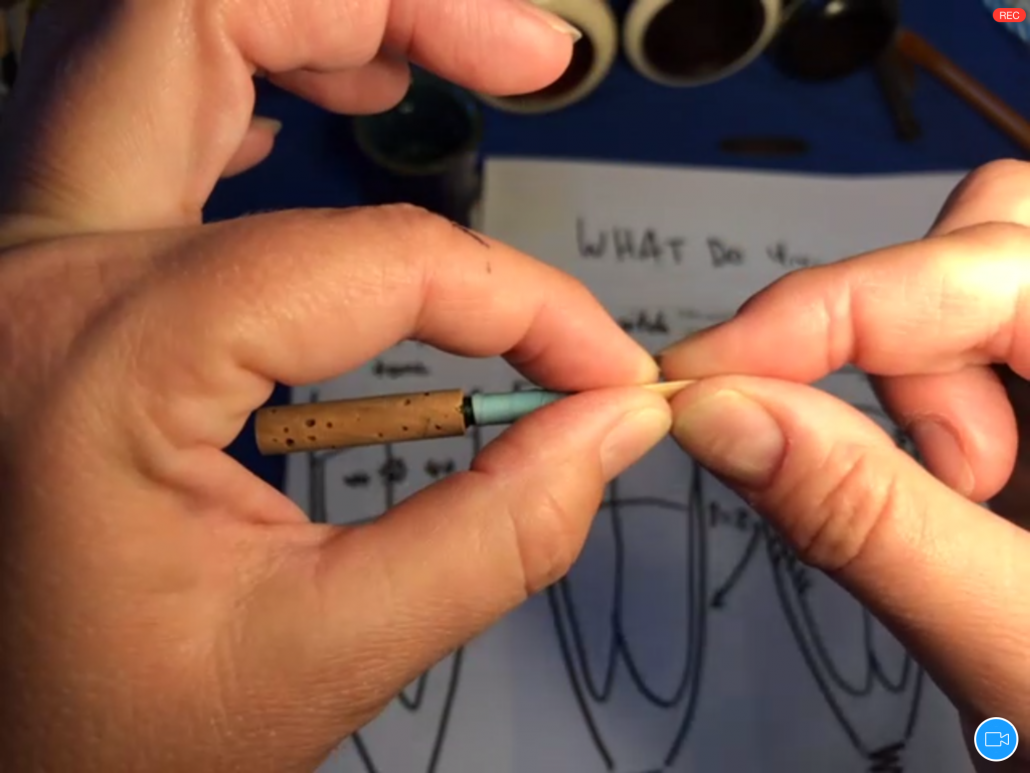
Photo: Daria Khutoretskaya
What is the single most important characteristic you need and desire in an oboe reed?
For me a reed must have the proper opening and tension.
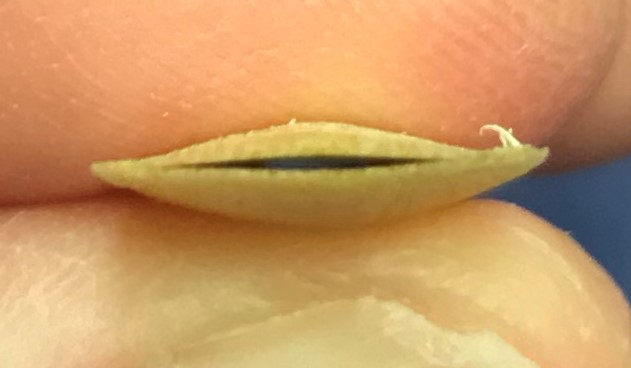
From the moment I fold the cane, I am already exploring ways to encourage the reed to cooperate with its opening and tension. Without getting this right early on in my reed making process, the danger is huge that I will take off too much or too little cane. A piece of arundo donax has a mind of its own and if I am too forceful in imposing my will, it will break.
Yikes. Relationships are like this, too.
Who is the Lucky One?








Hans Hermann Ziel : As luck would have it
I called Hans Hermann Ziel at his home in Brazil in the Fall of 2019 with the happy purpose of informing him that he was the lucky winner of the raffle he entered by filling out a survey I had conducted to collect information about the needs of double reed players with regard to their reed making journeys.
Little did I know that I was the lucky one! More than ever these days of social distancing, I appreciate the opportunity to meet someone who has a lifetime of experience, of joys, of overcoming adversity and with whom I also share so many values.
A profile of the richness of a randomly selected individual
When I pulled Hans Hermann’s name out of the virtual hat, I first thought nothing of it. After all, he was one of almost 600 participants in the survey about reed making for double reeds. However, when I returned to read his responses to the survey more carefully, I hesitated for a moment. Read more
Fine Adjustments
A recurring theme these days seems to be “attack”. Strangely, this topic is appearing both within our oboe reed making community and in world events.
Oboe Reed Diagnostic Checklist
Click HERE to view or download the oboe reed diagnostic checklist.
Oboe Reed Diagnostic Checklist PDF
The “Vanishing Point” of an oboe
Imagine feeling 100 % confident that you are using the right “set up” for your particular type of oboe. Wouldn’t knowing you have the perfect combination of oboe, staple, shape and scrape feel like wholeness and completion, both at peace and also poised for agility and expression? Read more
You are currently viewing a placeholder content from YouTube. To access the actual content, click the button below. Please note that doing so will share data with third-party providers.
More InformationOboe Reed Master Adam Shapiro Interview May 2020
An oboe reed is not a holy relic!
Adam Shapiro’s message is: Be brave!
Click “read more” below to watch the full interview.
This interview is in preparation for season 1, session 4 of THE OBOE REED MASTER SERIES. In his sessions, David will explore the art of using a heated to “burn” the shaped cane onto the mandrel. The Oboe Reed Master is a 10-session series which is part of The Dynamic Reed maker, a three month- long intensive reed making training program for experienced reed makers. This master series is a fantastic new way to dive deep into the reed making questions that have always baffled you. The live and interactive sessions take place in the JK Double Reed Making Zoom Reed Room. Each Oboe Reed Master will be joining twice with at least a week between the two sessions. This gives you a chance to digest the topic and try things out so that you can return to the second session to share your own results, ask questions and dive even deeper into the topic. Find out more here.
RiG 2019-2020/7 April 2020: We Get To Decide!
WE GET TO DECIDE!
You get to decide!
Oboe Reed Master David Werner Interview May 2020
You are currently viewing a placeholder content from YouTube. To access the actual content, click the button below. Please note that doing so will share data with third-party providers.
In May 2020 I interviewed oboist and author, David Werner.
When I asked him what he LEAST enjoys about reed making, he didn’t even have an answer!
David points out that compared with other musicians, we oboists have a unique opportunity because we make our own reeds. We can fashion our tools precisely to our tastes and specifications. He revels in this opportunity. David is the author of Der Weg zum guten Oboenrohre now also available in English! The Way to a Good Oboe Reed and he maintains a beautiful and informative blog at www.oboe-blog.de .
Click “read more” below to watch the full interview.
This interview is in preparation for season 1, session 4 of THE OBOE REED MASTER SERIES. In his sessions, David will explore the art of using a heated to “burn” the shaped cane onto the mandrel. The Oboe Reed Master is a 10-session series which is part of The Dynamic Reed maker, a three month- long intensive reed making training program for experienced reed makers. This master series is a fantastic new way to dive deep into the reed making questions that have always baffled you. The live and interactive sessions take place in the JK Double Reed Making Zoom Reed Room. Each Oboe Reed Master will be joining twice with at least a week between the two sessions. This gives you a chance to digest the topic and try things out so that you can return to the second session to share your own results, ask questions and dive even deeper into the topic. Find out more here.
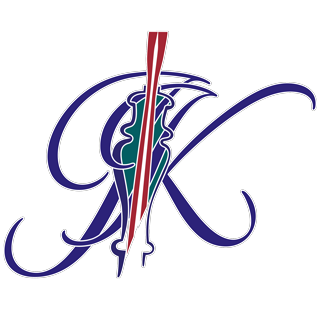


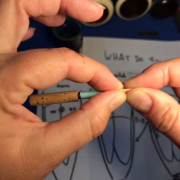 2020 Photo Credit: Daria Khutoretskaya
2020 Photo Credit: Daria Khutoretskaya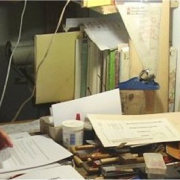 Hans Hermann Ziel
Hans Hermann Ziel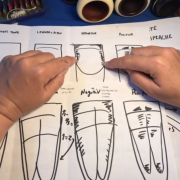 2020 Photo Credit: Daria Khutoretskaya
2020 Photo Credit: Daria Khutoretskaya